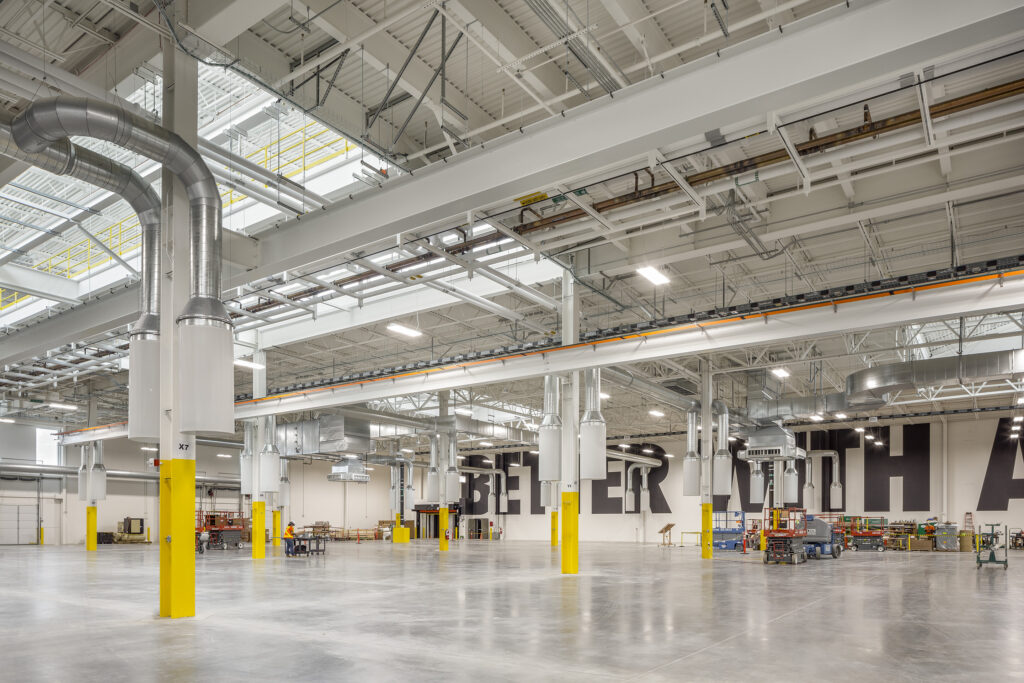ABOUT INDUSTRIAL-ENGINEERED.COM
Welcome to our industrial engineering hub, your go-to destination for all resources related to IE, data analysis, process improvement and lean manufacturing.
As passionate advocates for efficiency and innovation, we’re dedicated to empowering businesses to streamline their operations and maximize productivity.
WHAT IS INDUSTRIAL ENGINEERING?
A field of engineering that focuses on optimizing complex systems and processes to maximize efficiency, productivity, and quality while minimizing waste, cost, and time.
Industrial engineers analyze and design systems involving people, equipment, materials, energy, and information to create integrated solutions that meet organizational goals.
GIVING YOU WHAT YOU NEED
Through informative articles, real-world examples, and expert insight, we aim to equip professionals with the knowledge and tools necessary to thrive in today’s competitive industry.
Join our community of like-minded individuals and embark on a journey towards operational excellence and continual improvement.

Click the Buttons Below to Get Started!
TYPES OF INDUSTRIAL ENGINEERING
Manufacturing Engineering: deals with the design, operation, and improvement of manufacturing processes. It aims to ensure that production systems are efficient, reliable, and cost-effective by integrating people, materials, and technology.
Supply Chain Engineering: involves planning the flow of goods and services from raw materials to final products. It focuses on optimizing the entire supply chain to enhance efficiency, reduce costs, and improve customer satisfaction.
Human Factors Engineering and Ergonomics: This specialization focuses on the interaction between humans and systems, aiming to improve safety, efficiency, and usability. It involves designing tools, equipment, and environments that fit human capabilities and limitations.
Quality Engineering: focuses on ensuring that products and services meet specified quality standards and customer expectations. It involves quality control, quality assurance, and continuous improvement methodologies to maintain high production and service standards.
Systems Engineering: an interdisciplinary field that focuses on designing and managing complex systems over their life cycles. It involves integrating various components and ensuring that the system as a whole functions effectively.
Logistics / Production Planning: focuses on planning and controlling production processes to ensure that goods are produced efficiently and meet quality standards. It involves scheduling, inventory control, and workflow management.
BENEFITS OF INDUSTRIAL ENGINEERING
Resource Allocation: help businesses allocate resources such as manpower, machinery, and materials efficiently. By analyzing production schedules, capacity constraints, and demand fluctuations, we ensure optimal resource utilization, maximizing output while minimizing costs.
Data-Driven Decision Making: utilizing data analysis and simulation techniques to make informed decisions. By collecting and analyzing relevant performance metrics, businesses can identify trends, forecast demand, and make strategic decisions to improve operational efficiency and profitability.
Continuous Improvement: promote a culture of continuous improvement within organizations. Integrating lean manufacturing principles into the organization that lead to significant improvements over time.
Supply Chain Optimization: optimizing supply chain operations. By collaborating with suppliers, distributors, and logistics partners, we identify opportunities for reducing cost, lead time, and provide inventory optimization, resulting in a more responsive and agile supply chain.
Process Optimization: analyzing and optimizing processes. By identifying inefficiencies and bottlenecks, they can streamline workflows, reduce waste, and enhance overall productivity.
Cost Reduction: Through process optimization and lean principles, we can help businesses minimize costs associated with production, inventory management, and resource utilization. This leads to improved profitability and competitiveness in the market.
